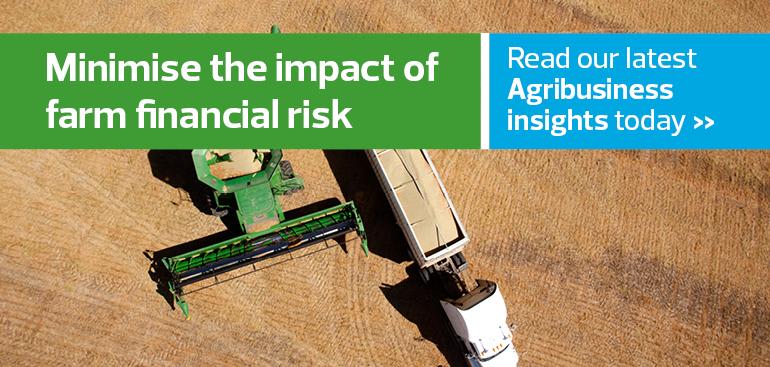Succession planning for farmers just became a whole lot easier.
Changes made by the NSW Government to the Duties Act will now mean that land that is being transferred under the Intergenerational Stamp Duty Exemption can be directed to non-individuals such as a discretionary trust or a self-managed superannuation fund.
This is a big win for farming families looking to undertake succession planning and transfer primary production land to the next generation.
This will assist family farming businesses in transferring farming land to the next generation and potentially save significant amounts in capital gains tax and stamp duty.
Previously, to avail themselves of the stamp duty exemption, and therefore avoid having to pay significant sums in stamp duty, the transferee had to be a “natural person”, i.e., an individual.
Whilst there is no immediate benefit, as the primary production land could be transferred free of stamp duty under existing legislation to an individual, the change allows the family to plan for the future, passing down primary production land without the need for a legal transfer to occur.
In the case of land transferred to a discretionary trust, under the amended Act, it can then be transferred to other family members later via a change in the control of the trust without the need for a transfer of the land to occur.
In many cases, a simple Deed will be enough to effect this change.
The benefit of this is twofold:
- Families avoid the risk of potentially incurring stamp duty at a later time due to a change in circumstances or legislation.
- As no transfer of the land has occurred, there is no liability to capital gains tax.
Given the recent increases in land values, the ability to work through a transfer of control of land without a capital gains tax liability is significant.
Under the previous rules of the Act, when primary production land was transferred to a “natural person” and they subsequently transferred the land, as it was held in their own name, a capital gains tax event occurred.
Unless the family can access the small business capital gains tax concessions, then they potentially are up for a significant tax liability which may mean the transfer of the land does not occur until the individual’s death, which may be contrary to the wishes of the family and to the intention of the stamp duty exemption of being able to transfer land during the lifetime of the older generation.
Under the amended rules, a family member instead of being the transferee must be the person directing the transferee, i.e., making decisions on behalf of the trust, company or superfund.
In addition to directing the transferee, the family member must maintain a 25% interest in the transferee for three years after the transfer for the exemption to apply. If this does not occur, then an application reassessment of stamp duty must be lodged.
This is a major planning opportunity and overcomes a substantial shortcoming in the previous rules of the exemption.
The amended rules came into effect on 19 May 2022 and apply to NSW primary production land only.
FOR MORE INFORMATION
For further details, please visit Revenue NSW or contact your local RSM Advisor.



